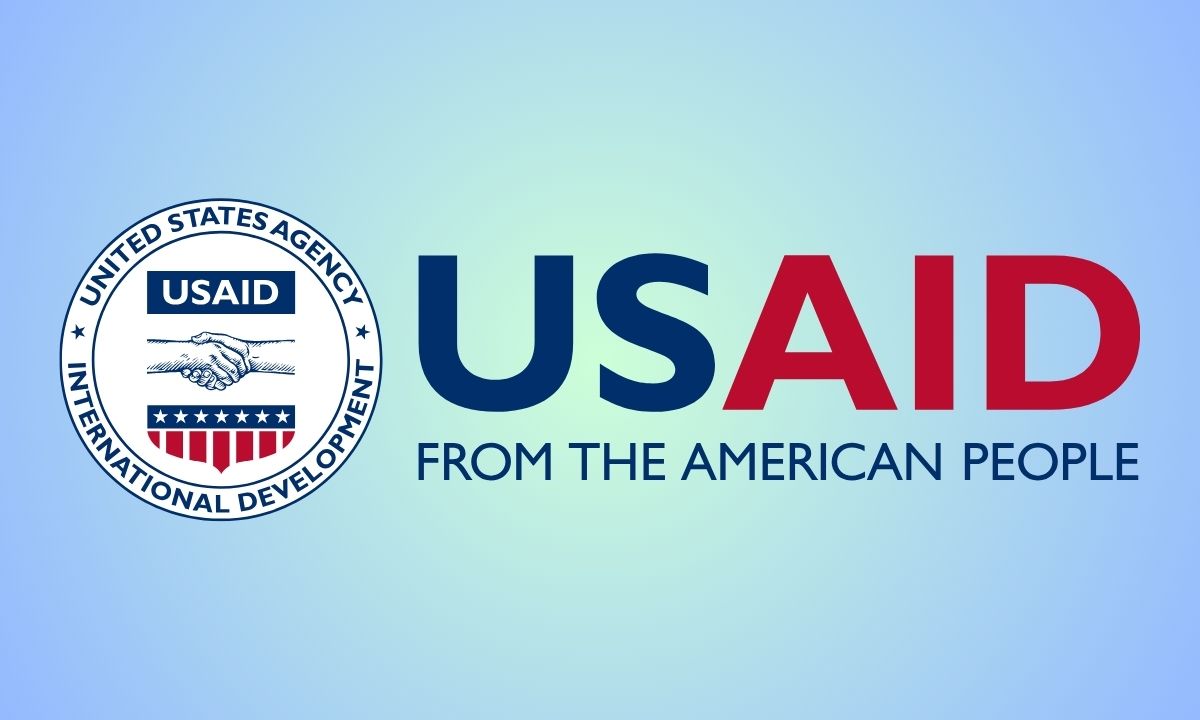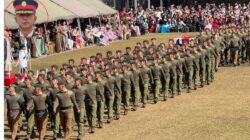A recent executive order by U.S. President Donald Trump has temporarily paused American aid channeled through the State Department and the U.S. Agency for International Development (USAID) for a review. This halt has impacted several U.S.-funded projects in Nepal, with at least four government-run initiatives in collaboration with USAID now stalled for the next three months. Additionally, over 300 NGOs, consultancies, and nonprofit organizations that receive U.S. aid will also face funding suspensions during this period.
The freeze does not currently apply to support through the Millennium Challenge Corporation (MCC), military aid, or disaster response assistance to the Nepal Army and security forces. The U.S. has yet to provide further clarification on these areas.
In May 2022, the U.S. and Nepal signed a development objective agreement (DOGA), which included four major projects under an on-budget, on-treasury arrangement, all of which are now paused. Mahesh Bhattarai, spokesperson for Nepal’s Ministry of Finance, confirmed this pause, which will last for 90 days. On January 26, U.S. Ambassador Dean Thompson met with Nepal’s Foreign Secretary Amrit Bahadur Rai to discuss the impact of these aid cuts on Nepal-U.S. relations and economic cooperation.
The four affected projects funded by USAID are:
- The USAID Health Direct Financing Project, with a $25 million budget aimed at improving health outcomes in Nepal.
- The USAID Agricultural Direct Financing Project, launched in September 2024, with a $21 million budget focused on boosting food security through modern agricultural practices.
- The USAID Education Direct Financing Project, which announced a $85 million grant to improve education access for marginalized children.
- The USAID Inclusive Policy Direct Financing Project, designed to strengthen policy reforms.
According to a statement from the U.S. State Department, the freeze is part of an effort to reassess and realign U.S. foreign aid to ensure it aligns with President Trump’s “America First” agenda. Secretary of State Marco Rubio emphasized the importance of justifying every dollar spent, asking if each program makes America safer, stronger, and more prosperous.
Despite these changes, the MCC’s $500 million investment in Nepal’s infrastructure and development projects is not affected. The MCC is structured as a joint initiative between the U.S. and Nepal, making it unlikely to be paused, according to officials at Nepal’s Ministry of Finance.
The freeze on aid has raised concerns in Nepal’s health sector, as U.S. support has been instrumental in funding health programs and the training of health workers. While direct government-to-government funding may be small, the suspension could impact various projects, such as micronutrient surveys and vaccination efforts. However, some health officials argue that foreign aid through NGOs often lacks transparency, with substantial funds diverted to administrative costs rather than grassroots initiatives.
The decision to suspend aid has caused considerable uncertainty, especially for NGOs involved in critical areas like climate change, nutrition, and LGBTQI issues. It has also placed pressure on Nepal’s budget-making process, with officials noting that U.S. funding is vital for many ongoing projects, and replacing it domestically would be challenging.
Despite the pause, projects funded by the MCC and other non-U.S. foreign aid sources are expected to continue without significant disruption. However, experts warn that a larger reevaluation of how foreign aid is utilized may be necessary to ensure it is effectively contributing to Nepal’s development goals.




